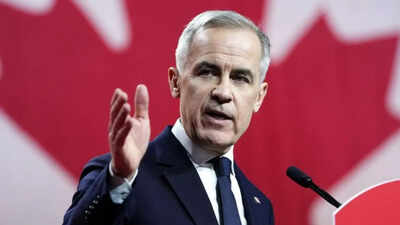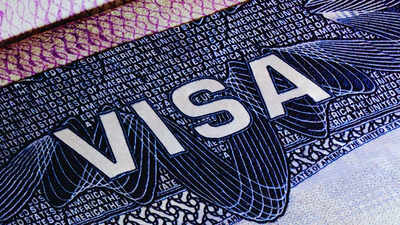Tunisian Court Sentences Senior Politicians and Businessmen to Lengthy Prison Terms

A court in Tunisia has made headlines recently by sentencing a group of prominent politicians, businessmen, and lawyers to lengthy prison terms on serious charges of conspiracy and terrorism. In a controversial ruling that has stirred significant public outrage and concern among various human rights organizations, the defendants received sentences totaling up to 66 years, underscoring the deepening political tensions in the country.
The defendants include key figures from the National Salvation Front, the primary opposition coalition in Tunisia, who were arrested earlier in 2023. This coalition, which has been vocal against President Kais Saieds administration, has faced increasing scrutiny and repression since the president suspended parliament after his election in 2019. Following a decisive victory in the 2022 election, which many observers criticized as unfair due to the jailing of dissidents and potential rivals, Saied's government has come under fire for its authoritarian tactics.
In the latest court proceedings, a total of 40 defendants were accused of serious charges, including conspiracy against state security and belonging to a terrorist group. Notably, many of these individuals had fled the country and were tried in absentia, highlighting the precarious legal landscape in Tunisia. Among those currently detained are prominent National Salvation Front leaders Issam Chebbi and Jawhar Ben Mbarek, both of whom received suspended sentences of 18 years, according to statements made by a defense lawyer to the AFP news agency.
In an alarming example of the severity of these proceedings, Kamel Eltaief, an activist and businessman, received the harshest sentence of 66 years. This lengthy imprisonment has raised eyebrows and intensified criticism from various quarters, particularly among human rights advocates who argue that such sentences are politically motivated.
Kamel Jendoubi, a former minister who was tried in absentia, expressed his dismay over the court's ruling. He asserted to the AFP news agency that what transpired was not a legitimate judicial ruling, but rather a political decree executed by judges under orders, indicating a troubling trend in Tunisias judicial independence.
Defense lawyer Ahmed Souab also shared his disillusionment with the trial process, stating to Reuters news agency, I have never witnessed a trial like this. It's a farce. Such statements reflect a growing consensus that the judicial system is being weaponized to silence dissent and quash opposition.
Tunisia, often referred to as the birthplace of the Arab Springset into motion by pro-democracy protests in late 2010finds itself at a critical juncture. The ousting of longtime strongman Zine El Abidine Ben Ali in early 2011 raised the hopes of many for a flourishing democracy. However, the political landscape has drastically changed, with critics of Saied's administration noting a worrying decline in fundamental rights and democratic freedoms.
Amnesty International has voiced grave concerns, denouncing what it describes as a worrying decline in fundamental rights under Saied's government amid rising public discontent over his increasingly authoritarian approach. Despite the widespread criticism, President Saied has remained defiant, insisting that his actions are necessary to combat a corrupt elite and traitors, framing the crackdown as a patriotic duty.




























